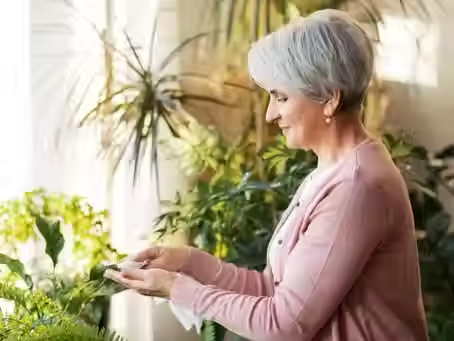top of page
Whole Health Blog


Self-Esteem and Behavior
The other day, my 17-year-old daughter was watching a reality television show about high school students who were treating each other quite badly. The lack of respect that many of them showed towards other students was stunning. What was even more disconcerting was their lack of awareness that the people they were taunting and verbally abusing had the same range of feeling they did; wanted to be accepted and valued as they did and wanted to belong within their peer groups, ju

by Georgianna Donadio, MSc, DC, PhD
3 min read


Chronic Pain – The Hidden Epidemic
Here’s a strange story: One day two summers ago, I woke up because my arms — both of them — hurt. Not the way they do when you’ve slept in a funny position, but as if the tendons in my forearms and hands were moving through mud.
Jennifer Kahn
4 min read


About Face - Getting Rid of Acne
Any teenager will tell you one of the worst things that can happen in high school is to develop a face full of acne. Clear, unblemished sktechnological society.

Georgianna Donadio
3 min read


10 Things Anyone Can Do to Be Healthier
Everyone loves "tips," especially when it comes to their health. Here is a short but powerful list of ten things we can all do to be healthier, thinner and more energetic. The best part is they are easy to do and aren't expensive.

by Georgianna Donadio, MSc, DC, PhD
2 min read


The Science of How What We Believe Becomes Our Reality
Beliefs are powerful things, and what we tell ourselves and others tells us can make us better or worse. We all have “our story,” and we tell it over and over again both to ourselves and to others. We believe it, we expect it, and we project it.

by Georgianna Donadio, MSc, DC, PhD
4 min read


Relationships and Health
When it comes to our health, we often do not connect how imperative the experience of loving, being loved, and belonging are to our overall well being and immune function.

by Georgianna Donadio, MSc, DC, PhD
2 min read


Autism and The Amish
he Amish do not experience autism or any of the other learning disabilities that plague our technological society. The Amish live in a society that consists of outdated technologies and ideals, by contemporary standards. Their diet consists of eating organic, fresh, locally-grown produce, and they do not follow the established vaccination routines.
This lifestyle has resulted in healthier people who are void of our [most common] chronic diseases.

by Georgianna Donadio, MSc, DC, PhD
2 min read
bottom of page
